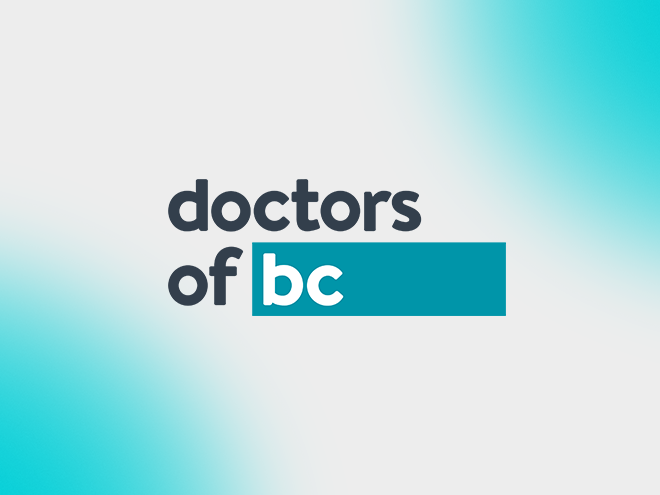I hope that among your most cherished memories are memories of people who took a genuine interest in your well-being and success. In a word, I hope you had at least one solid mentor in your life. Perhaps it was a teacher, a coach, an auntie, a grizzled colleague. You may have sought them out, or they found you. Now reflect for a moment on how your life may have been different without this mentor, or perhaps reflect on how it could have been with one.
 Mentorship is such an important aspect of our development as individuals, as professionals, as organizations, even as societies. Without it, dreams falter, strength sags, and talents remain hidden. But with mentorship, people gain confidence, explore the limits imposed by their weaknesses, and ultimately experience personal and professional growth.
Mentorship is such an important aspect of our development as individuals, as professionals, as organizations, even as societies. Without it, dreams falter, strength sags, and talents remain hidden. But with mentorship, people gain confidence, explore the limits imposed by their weaknesses, and ultimately experience personal and professional growth.
I have certainly benefitted from the mentorship of many people in my life. I can remember every teacher who exuded warmth and kindness, every professor who balanced knowledge with wisdom, every clinician who demonstrated skill and compassion. The greatest gift were mentors who showed me that I had something unique to offer the world. They had no agenda other than to help me become the best person and best doctor I could be, even if my worldview and inclinations differed from theirs. These were truly special people. These were real mentors.
If you are reading this and in a position to mentor someone (and I submit that nearly everyone has an opportunity at least once in their life to do so), please take that first step and reach out. Take a genuine interest in someone with no motive other than to bring out their best self. There are many ways to do this. Perhaps you are in a position to share your career experience with our doctors of tomorrow, as I have through Doctors of BC’s “Find Your Match” events for BC medical students. Perhaps you see a colleague who has obvious talents but struggles with self-confidence or faces systemic barriers. Or perhaps there is a young person in your life who needs a kind adult to just listen. Whatever it may be, take that person under your wing. You don’t need to have all the answers – sometimes just being there for someone can help them figure things out themselves.
Mentorship is also especially important these days as we learn more about the barriers that prevent many members of our society from being able to make their best contribution. We have all heard of the glass ceiling for women. How can society advance when 50% of its population face barriers? And people of colour: more than 20%. Indigenous: 5%. Consider this the next time you lend someone a hand, provide a leg up, or engage in formal mentorship. Can you help someone in one of these groups so that all of society can benefit from their gifts? Can you provide the same mentorship that you have personally benefitted from, or perhaps, even create an opportunity that you wish you had? Just as it takes a village to raise a child, it takes a village of medical professionals to help raise our doctors of tomorrow and help create a profession in which all of us are able to contribute our best.
- Dr Matthew Chow



